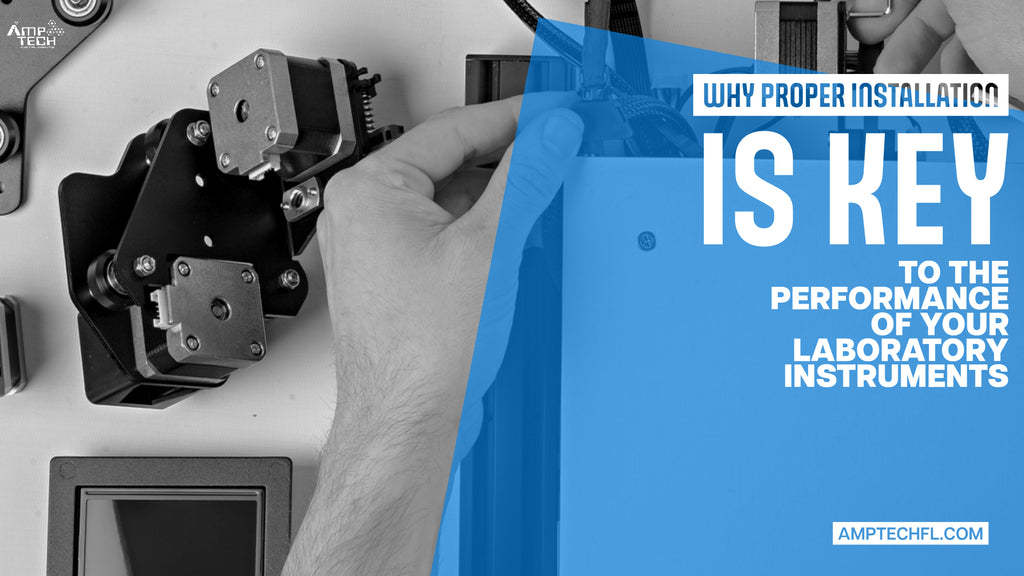Why Proper Installation is Key to the Performance of Your Laboratory Instruments
Posted by MATT CLARK

Firstly, the accuracy of your analytical results is dependent on the precision of your laboratory equipment. Precise measurements can only be obtained if your laboratory instruments are installed correctly and in accordance with the manufacturer's specifications. Any deviation from the recommended installation process can result in errors, affecting the accuracy and reliability of your results. Therefore, it is important to ensure that your laboratory instruments are installed by a certified technician who is trained to follow proper installation procedures.
Secondly, proper installation can prevent equipment failure and reduce downtime. Inadequate installation can result in premature equipment failure, which can lead to costly repairs or even replacement of the equipment. This can also result in downtime for your laboratory, which can impact your research or production schedule. On the other hand, when laboratory instruments are installed correctly, they are less likely to experience malfunctions and breakdowns, ensuring that you can continue your research or production without interruptions.
Thirdly, proper installation is essential for safety reasons. Analytical laboratory equipment can be hazardous if not installed correctly. For example, some instruments may require proper grounding or adequate ventilation to ensure safe operation. Failure to follow safety protocols during installation can lead to accidents or fires, endangering laboratory personnel and potentially damaging the laboratory equipment. Therefore, it is important to ensure that your laboratory instruments are installed by professionals who are trained in safety procedures.
To summarize, proper installation is essential for the optimal performance of your analytical laboratory equipment. It can ensure accurate and reliable results, prevent equipment failure and downtime, and ensure safety in the laboratory.

